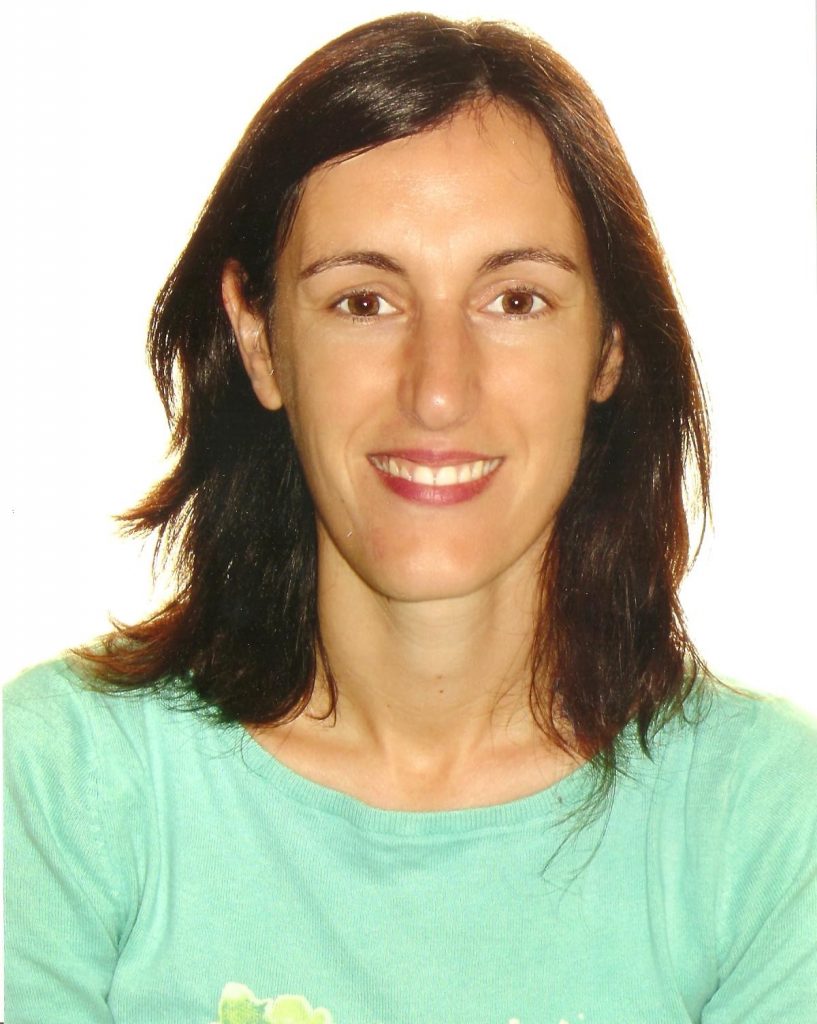
Each year the Endocrine Society recognizes endocrinologists who are in the early stages of their research careers by giving out the Early Investigator Awards. Endocrine News spoke to the five researchers from around the world to find out more about their award-winning research, the award’s potential impact, as well as how the COVID-19 pandemic has affected their research and their lives.
Much has been written about the impact of the global pandemic on science over the past year. There are, however, many stories of progress and breakthroughs in research that highlight the perseverance of scientists who soldiered on during 2020 to continue to impact the health and lives of global citizens. Five such endocrine researchers in the blossoming stages of their careers have been recognized with the Endocrine Society’s 2021 Early Investigator Award.
The winners are: Himanshu Arora, PhD, of the University of Miami in Coral Gables, Fla.; Ana Aulinas, MD, PhD, of the Hospital de Sant Pau in Barcelona, Spain; Athansisos Bikas, MD, PhD, of Brigham and Women’s Hospital in Boston; Juan Brito, MD, of the Mayo Clinic in Rochester, Minn.; and Manuel D. Gahete, PhD, of the University of Córdoba in Andalusia, Spain.
In part 2 of our 2021 Researchers Roundtable feature, here is our conversation with Ana Aulinas, MD, PhD, of the Hospital de Sant Pau in Barcelona, Spain.
Endocrine News: To get an idea of who comprises our “early investigators,” can you share at what stage you are in your fellowship or year as faculty?
Ana Aulinas: I am a postdoc research fellow investigating on hypothalamic and pituitary diseases in the Pituitary Diseases Unit led by Prof. Susan Webb, while working as a clinical endocrinologist at Hospital de Sant Pau in Barcelona, Spain. Also, I was appointed as assistant professor at the University of Vic-Central University of Catalonia in 2020.
EN: What inspired you to apply for the award?
Aulinas: I was very fortunate to have the opportunity to do a postdoc fellowship for two years in the Neuroendocrine Unit at the Massachusetts General Hospital in Boston. I was also very lucky to have an incredible mentor, Dr. Elizabeth Lawson, who encouraged me to apply for this award.
EN: Please explain your research in a few sentences.
Aulinas: I am conducting innovative multidisciplinary clinical research focused on two main lines of investigation. One line is aimed at expanding our understanding of pathophysiology and outcomes of patients with pituitary/adrenal diseases and tumors, despite being endocrinologically “cured” in particular, acromegaly and Cushing’s syndrome. The other line of research is intended to define oxytocin secretory characteristics to identify and clinically characterize oxytocin deficiency in patients with hypopituitarism.
“From one day to the next, I had to stop doing my job as a clinical endocrinologist and researcher to be on the front line of the pandemic to attend COVID19 patients and self-isolated myself from my family for several months. However, I felt the enormous responsibility of helping my colleagues at the front line.” – Ana Aulinas, MD, PhD, Hospital de Sant Pau, Barcelona, Spain
EN: What have been the biggest challenges of doing your work during the pandemic?
Aulinas: It has been and still is a hard time. The pandemic has had an impact on both clinical and research activities. From one day to the next, I had to stop doing my job as a clinical endocrinologist and researcher to be on the front line of the pandemic to attend COVID19 patients and self-isolated myself from my family for several months. However, I felt the enormous responsibility of helping my colleagues at the front line. Nothing has returned to normal yet. I find it challenging to focus on research while managing the clinical work overload due to unattended non-COVID-19 patients during the hardest times of the pandemic. In my country, research resources are very limited, and I am afraid that due to the COVID-19 crisis and after the pandemic, research will be impacted, and funding opportunities will fall dramatically. Fortunately, it seems that the COVID-19 numbers are calming down and hopefully we can resume research and clinical work soon. Personally, I cannot wait to meet my colleagues and friends again at the national and international scientific meetings.
EN: How do you hope winning the Early Investigator Award will help support your goals as an endocrine scientist?
Aulinas: I hope winning this award will increase my networking and will favor the establishment of new collaborations. I am just really grateful.
Fauntleroy Shaw is freelance writer based in Carmel, Ind. She authors the monthly Laboratory Notes for Endocrine News.

